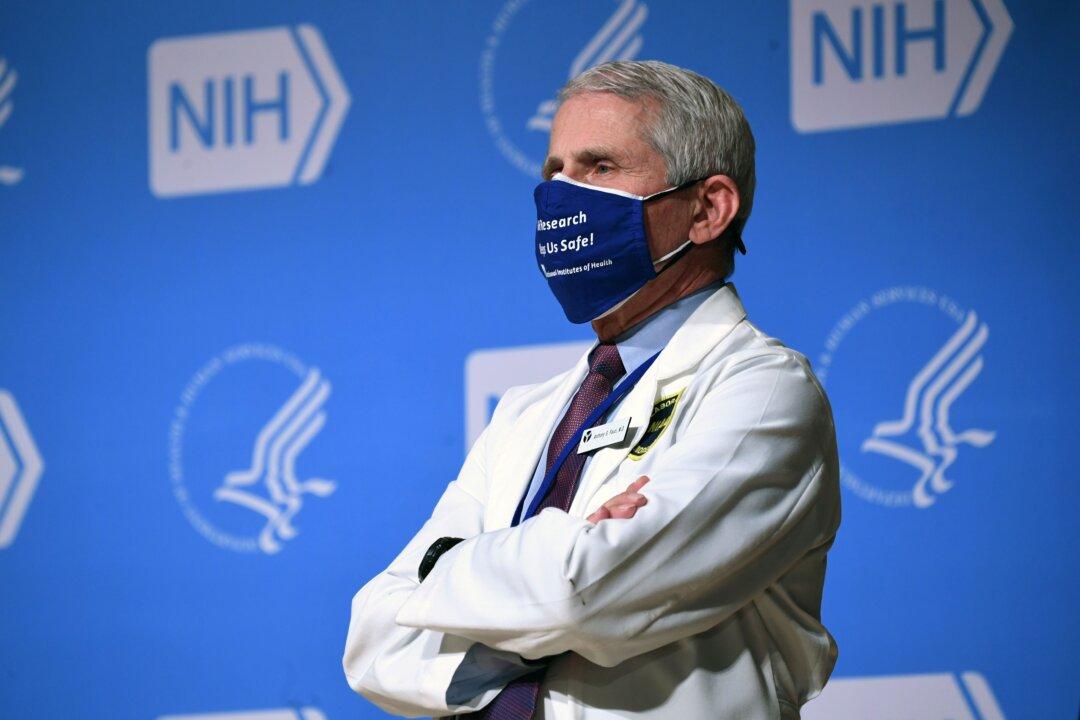Top Democratic leaders with oversight of the National Institutes for Health (NIH) are keeping quiet about the $350 million in secret payments to agency leaders like Dr. Anthony Fauci and hundreds of its scientists.
The Epoch Times received no responses from multiple requests to Sen. Patty Murray (D-Wash.) and Rep. Frank Pallone (D-N.J.) for comment on a report by a non-profit government watchdog estimating that Fauci, former NIH director Francis Collins, and hundreds of NIH scientists got as much as $350 million in undisclosed royalty payments from pharmaceutical and other private firms between 2010 and 2020.





